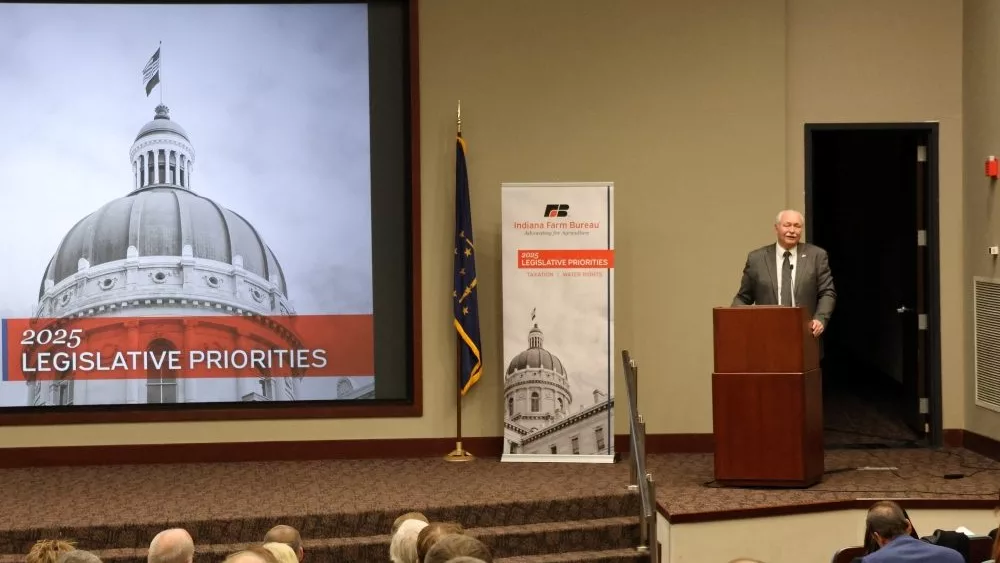
Herbicide shortages remain an issue for Indiana and U.S. farmers. Glyphosate and glufosinate shortages were predicted this winter and had some farmers scrambling to get what they needed.
“My sense right now is that there really isn’t too much urgency with regard to a glyphosate, or Roundup, shortage but there definitely is with Liberty,” says Purdue Professor of Weed Science Dr. Bill Johnson. He shared what he’s hearing from his industry contacts on the Purdue Crop Chat Podcast, available now at hoosieragtoday.com.
So, how are farmers dealing with the Liberty shortage?
“My understanding is that a lot of these custom applicators and even some farmers are doing some horse trading to get Liberty where it’s needed the most. They’re trading products just trying to make sure they’ve got enough Liberty to at least cover one postemergence application.”
Johnson says Roundup has historically been a more broad-spectrum herbicide and you have more flexibility to make mistakes with it. With Liberty, there’s a lot less flexibility.
“Liberty behaves more like a contact herbicide. It works much better on a nice, hot, sunny, humid day than it does under cool, cloudy weather conditions, and so you have to you have to manage Liberty more aggressively than you do Roundup. So, it’s really important to get yourself in a situation where you’ve maximized the activity of that herbicide and you’re not in a respray type of a situation with a failed application with the first treatment.”
Johnson says they’ve not seen any problems in terms of efficacy with Liberty when it’s extremely hot and humid as it’s been this week. In fact, he says it makes it work almost as well as glyphosate.
Hear more from Johnson on this and the June 20th dicamba cut-off date in the Purdue Crop Chat Podcast wherever you listen to podcasts, or below.




